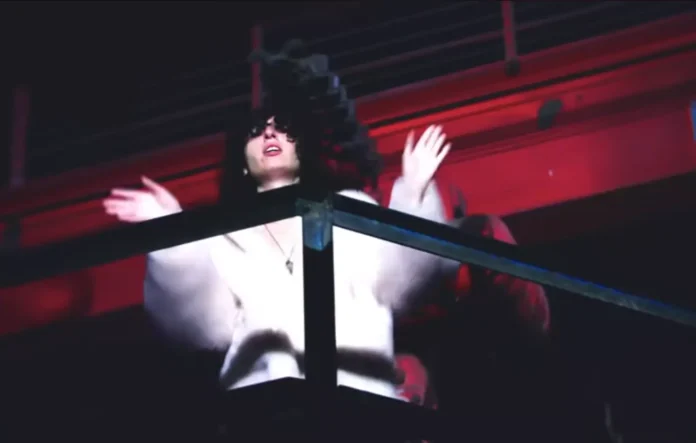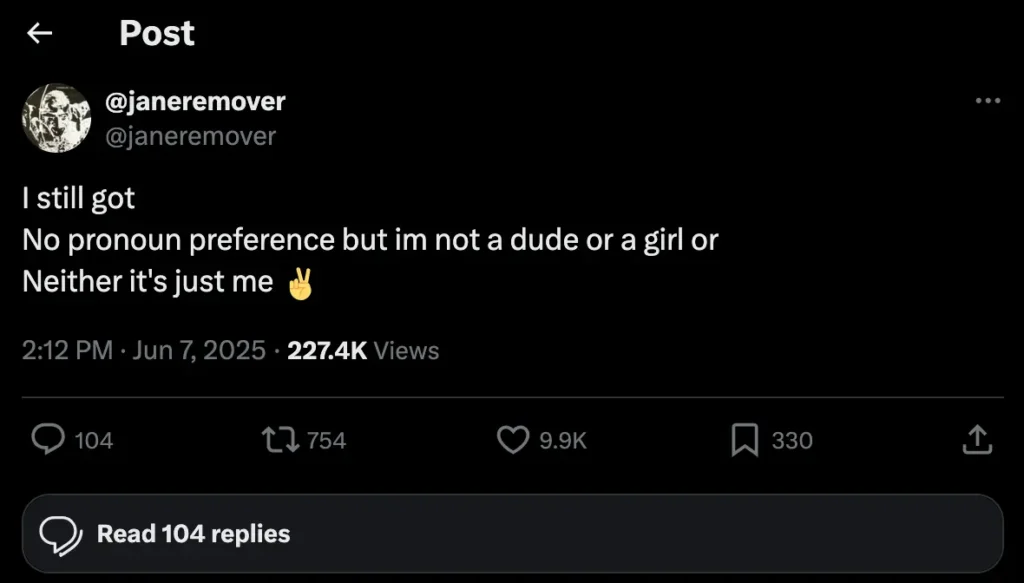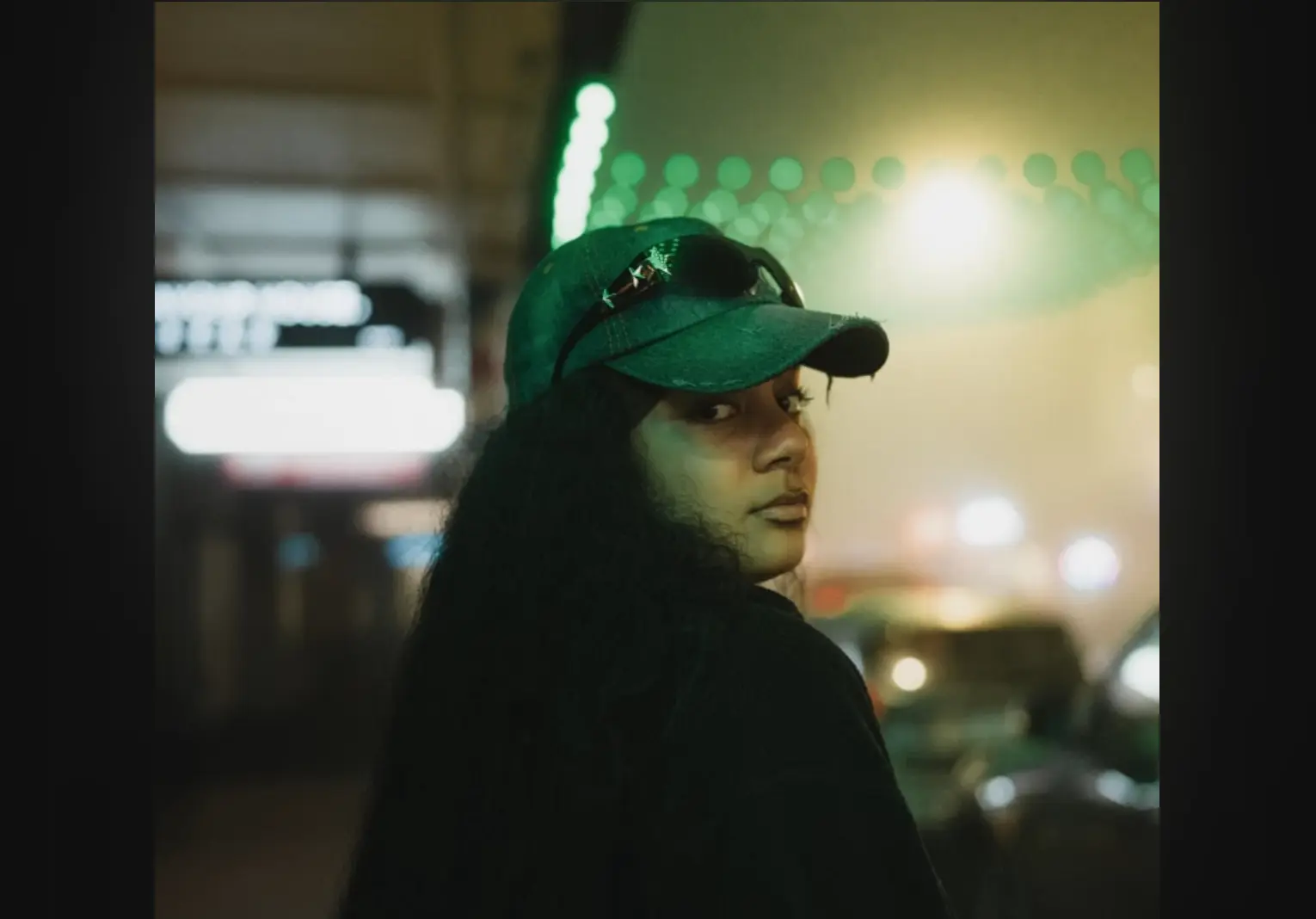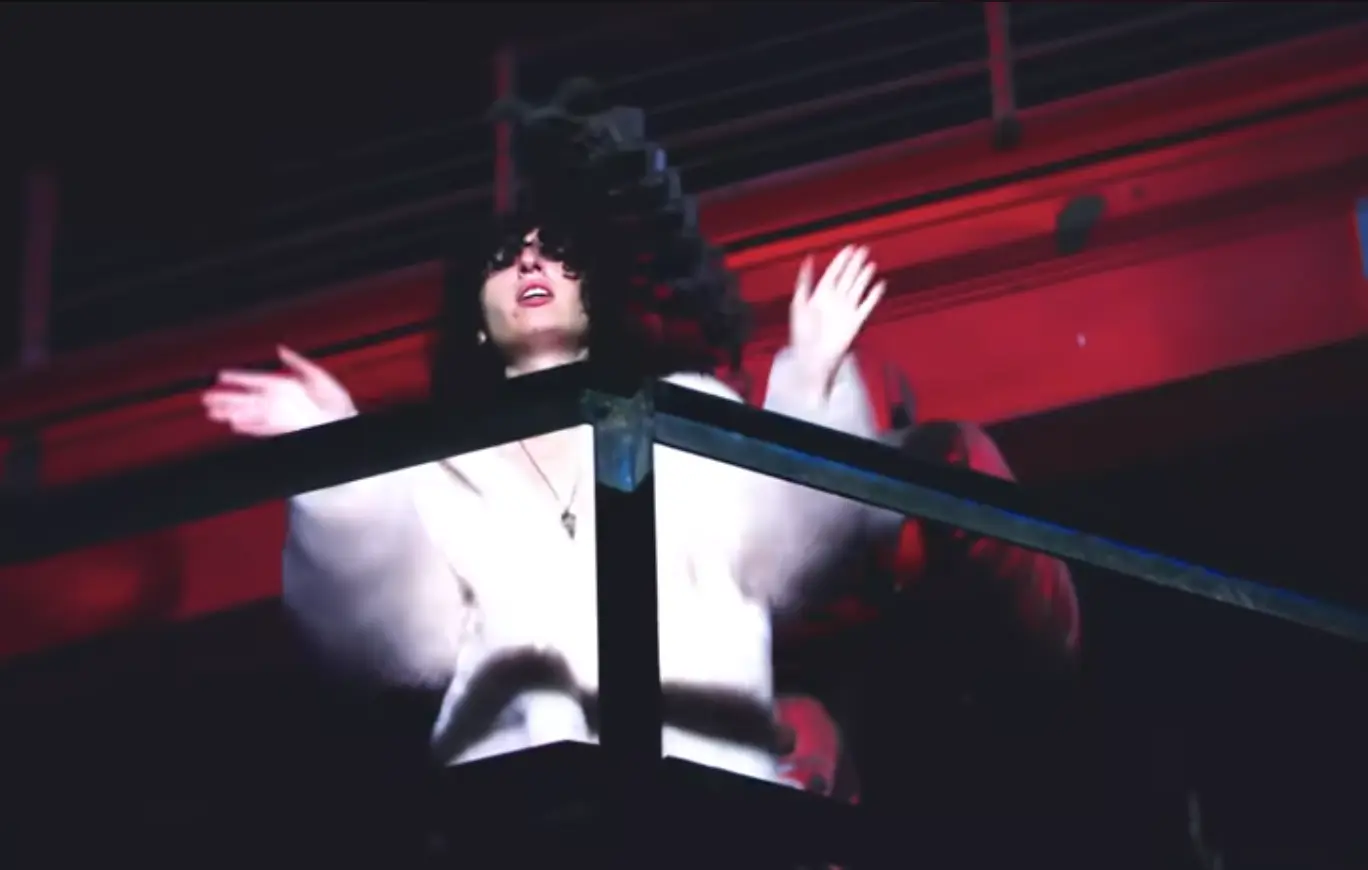I hope Jane Remover continues to vex people who are so caught up in other people’s genitals they can’t wear, say, or listen to things they actually like
Is Jane Remover a woman or a man? Is she … are they … am I listening to shoegaze? Hyperpop? Rap?
Does it matter?
For years, Jane Remover has humbly been a major force in shaping electronic music and internet culture broadly. They reinvent themselves ruthlessly — the samples, genres, even the stage names they use on past projects never seem to prepare people for what Jane wants to say next. Like any artist capturing this much of the youth’s imagination and attention, Jane’s work is aggressively human, not limited by a specific vibe, rhythm, or message.
Jane Remover’s Influences and Boundary-Pushing
“Boundary-pushing” is an adjective many PR firms and managerial teams use to describe their artists. Not many artists live up to the term, but there is a sense of freedom throughout Jane’s discography not present in most commercial music.
Their music is so carefully curated yet completely chaotic. Jane’s influences and execution are only limited by the bandwidth of their wifi connection. Their vocal performances have this toddler-like purity where the sweetest whispers and the most maniacal screams live in harmony. From the slow burn into explosion on Census Designated standout “Lips” to the grungy come-down from an astral high on “Star People,” Jane’s music glides across the spectrum of human emotion in a deeply satisfying way.
Jane’s very existence pushes boundaries, but their artistic choices as both a producer and songwriter are among the most intentional and effective moves being made in commercial music today.
Dariacore
Dariacore, the album that birthed the eponymous microgenre, smashes every essential trait of Gen Z together into a brilliant collage.
Even in this not-so-serious work under the name Leroy, Jane Remover found a way to say everything. With frenetic breakbeats and pointed references — including the namesake of the project itself, the smart, cynical teen sitcom character Daria — there is something in Dariacore for so many pockets of the online world. Queerness, existential dread, nostalgia, depression, and other constant itches of Gen Z were scratched by this amazing soundtrack for the chronically online.
Pokémon
Jane’s love for and knowledge of Pokémon is deep, and their taste in ‘mons is just as thorough and refreshing as their music. Where a select few artists with synesthesia can detail the color palette of their albums, Jane envisions a six-deep battle party.
Per their interview with Pitchfork, Jane Remover’s Revengeseekerz Pokémon battle party is Aggron, Metagross (tough!!!), Gothitelle, Beheeyem, Torterra, and Mawile.
For those who don’t know Pokémon, the Revengeseekerz Pokémon team is largely Steel type with strong Dark and Psychic support, Mawile introducing the brighter Fairy coverage (dual Steel type), and a complete outlier in the Grass/Ground Gen IV starter Torterra. In other words, a very metal, cerebral team that makes the ground shake and stretches your mind and soul, a thorough illustration of what Revengeseekerz‘ masterful chaos sounds like.
It makes sense for an artist with so much to say to have alter egos. But there is so much to Jane, it would take dozens of side projects to neatly organize it all. So instead we get desperate, enraged love songs with Palkia battle cries, ADHD drum & bass breakdowns, and arpeggiated synths you’d otherwise find in a Ken Carson track.
Sampling
Reading through the list of samples in a Jane Remover project is like scrolling through a quality Tumblr page. It’s so random, so specific, and makes so much sense when you look at it all at once.
Dariacore alone samples video games (Undertale, Guitar Hero), user-generated content (Anthony Fantano, “You Stupid (9+10)” Vine), hyperpop artists (SOPHIE, 100 Gecs), hip-hop artists (Comethazine, Blac Youngsta, Lil Wayne, Trippie Redd), pop artists (Lady Gaga, Big Time Rush, Vanessa Carlton), EDM artists (Skrillex, Porter Robinson) and several of Jane’s own records. Recurring samples like the drums from “Amen, Brother” by The Winstons and a notable FL Studio scratch sound give the project cohesion as you sift through decades of pop culture consumption in just 28 minutes that, intentionally or not, tells the story of a new generation of humans.
Hip-Hop (and the “Jane Remover Blaccent Cafe” meme)
As Jane’s latest work moves toward rage rap, Jane’s hip-hop background is becoming a more prominent part of their profile. Having opened for JPEGMAFIA and collaborated with Danny Brown — veteran rappers who have publicly championed Jane’s music — the greater usage of hip-hop elements is a rather natural progression.
Many of Jane’s tendencies already shared a spirit with more chaotic, electronic-driven rap music to begin with. Now having been purportedly sampled by Playboi Carti and using more rap-sung vocal melodies on Revengeseekerz, Jane is set to be present in fringe mainstream rap discourse for the foreseeable future.
The shift in vocal style on Jane Remover’s January 2025 single “JRJRJR” spawned curiosity and criticism via the “Blaccent Cafe” meme. What began as an inside joke among Jane fans quickly became a semi-serious criticism that poked fun at edgy White artists who rap or present as hood-adjacent. Typically a text-based meme (with the occasional image of a “dafuq latte” among other things), artists such as 2Hollis, Nettspend, Bladee, and Jane Remover are imagined using vaguely “Black” phrases while speaking to each other at a coffee shop.
With the speed of internet culture and the global exploitation of Black cultural creations as a centuries-old rule, we now know young White people are largely absorbing Black American linguistic patterns rather than intentionally stealing them. The Blaccent Cafe meme feels like an attempt at shaming White youth who grew up passively influenced by various Black subcultures (namely hip-hop) which is unproductive, unfair, and unfunny, especially when the targets are very unique, cutting-edge artists with little to no pretense about them.
Jane Remover’s Gender Identity
Jane Remover is non-binary according to Jane’s latest public comment on their gender identity in a detailed NME interview this past June.
Shifts in Jane’s gender identity over the years appear to be a result of living a public life as neither a woman or man since late adolescence in a country that openly persecutes people who identify as such.
The pressure to figure one’s self out — while keeping a cult fanbase happy and establishing a career in a risky field — has shown in Jane’s revised self-description from “trans woman” in 2022 to having no preferred pronouns and stating, “I’m not not trans, but I’m not a trans woman … I’m whatever you want, it’s up to y’all now.”
What Jane Remover Has Achieved With Revengeseekerz
The public response to Revengeseekerz makes the album feel like a crowning underground achievement and a soft launch to stardom. It may end up serving Jane Remover’s career the same way Section.80 was the last chance to get on the Kendrick Lamar train, or how To Hell With It is the point between PinkPantheress the bedroom pop fairy and PinkPantheress the transatlantic sensation.
While an influx of new listeners decorate YouTube comment sections with questions and typically snide remarks about who/what Jane Remover is, there may never be a better time to observe the impact of allowing someone to be their full self in public. Jane Remover’s presence could not be more timely.
As far as musical artists go, who better to receive attention in the midst of American fascism, the male loneliness epidemic, and a general lack of art that meets the moment? Who else can serve as the gut check, the litmus test, that a lot of young people could use to figure out how they actually feel about themselves and other people’s freedoms?
I hope Jane Remover continues to vex people who are so caught up in other people’s genitals they can’t wear, say, or listen to things they actually like.
* * *
Supporting Independent Music: deadAir Records
Jane Remover is currently represented by deadAir Records, an independent record label founded in 2021 by artist Quinn Dupree (Quinn) and music journalists Jesse Taconelli and Billie Bugara. While deadAir manages Jane and releases their music, they work with Wasserman Music for Jane’s touring and event booking.
Jane and the deadAir team are a huge testament to the level of quality and freedom an independent artist can achieve for both their music and their supporters’ experience of the music. Anyone who believes people deserve to express themselves however they want without harming others needs to actively support artists like Jane Remover and organizations like deadAir.
A Shortlist Of Ways To Support
- Financially
- Digitally
- Sharing an independent artist’s music on social media
- Reading this ATC Sound article (increases traffic share of independent music blogs)
- Subscribing to ATC Sound (divesting from mainstream music media)
- Not posting weird comments about an artist’s body
- Spiritually
- Being grateful for what indie artists/labels can do with limited resources
- Being patient with indie artist/label releases
- Keeping an open mind and open ears to new artists
UPDATE 10/8/2025: An earlier version of this article misattributed Jane Remover’s Pitchfork interview to a YouTube channel that republished a snippet of the interview
UPDATE 10/10/2025: Added information about Wasserman Music‘s relationship to Jane Remover/deadAir Records









